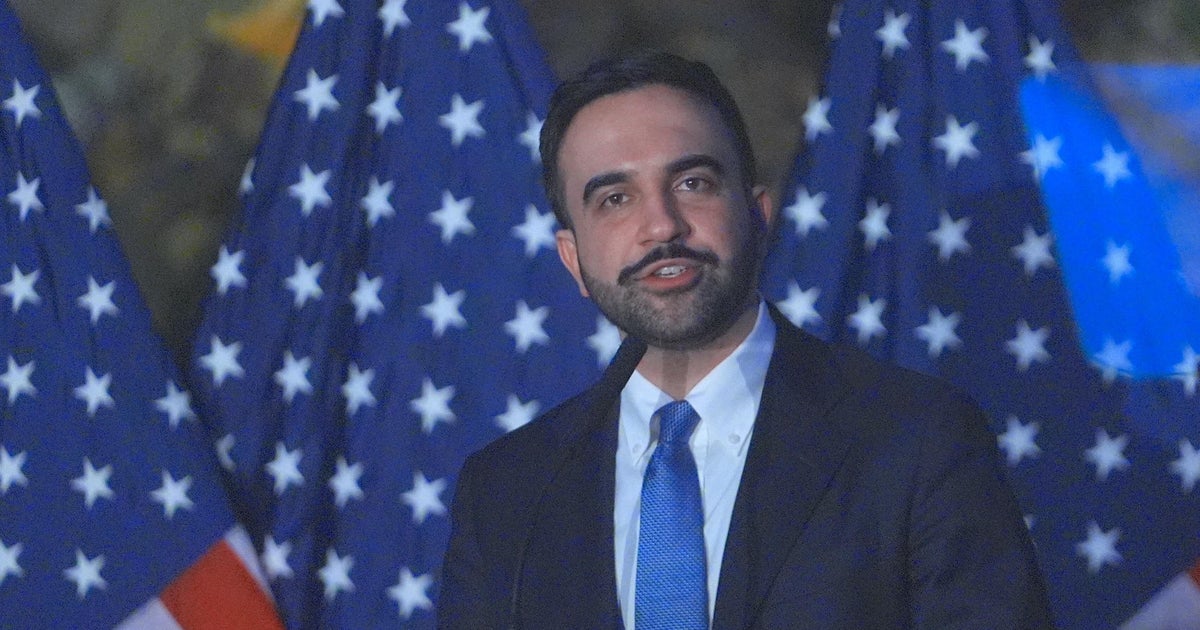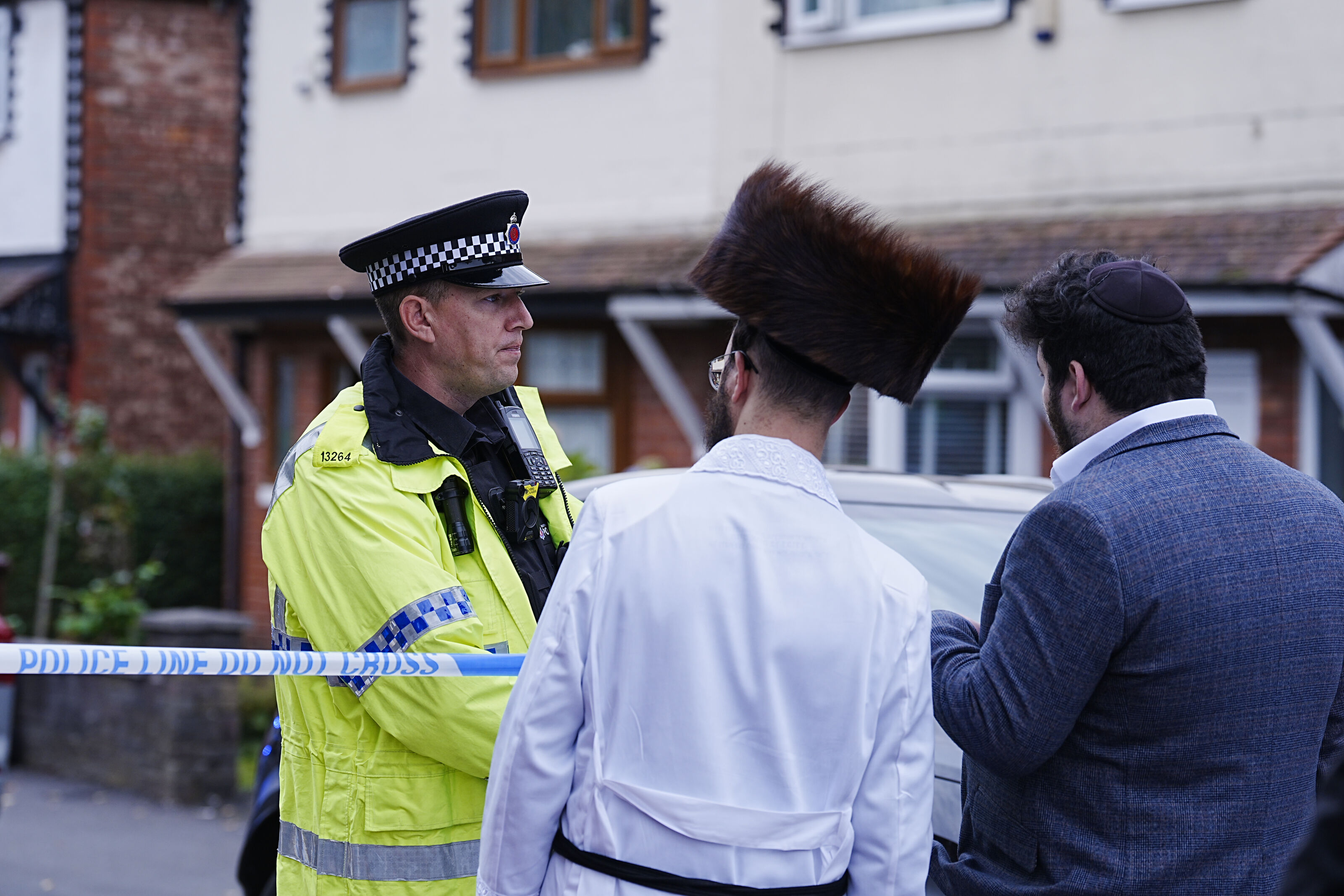Does Berlin Christmas market attack mean uptick in threats to U.S.?
Twelve people were killed when a big truck rammed into the crowd Monday night at a Berlin Christmas market. John Miller, NYPD’s deputy commissioner of intelligence and counterterrorism, said the attack was “another suggestion” of al Qaeda and ISIS’s call for supporters to launch “attacks within their range” using low-tech, low-cost, high-impact attacks.
“And they have given out in their magazines a series of examples using knives if you can’t get a gun, using a truck, using a car -- as we saw at Ohio State, if you can’t get a truck,” Miller said.
“What I remind you – this is not an isolated incident,” CBS News senior national security analyst Fran Townsend told “CBS This Morning” Tuesday. “We’ve seen an increase in security in Brussels, in London, in Paris.”
The Berlin Christmas market attack echoes last July’s terror attack in Nice, France. Just last week, a 12-year-old had planted a mail bomb at a Christmas market in Southwest Germany. Also in July, a 17-year-old girl attacked passengers on a German plane. All this – and more – occurred within the past year, which Townsend said heightened pressure on German Chancellor Angela Merkel.
The Berlin Christmas market attack also caused a visible increase in security in the U.S. But Miller said there is no indication of an uptick in security threats to the U.S.
“We see the usual threat stream which has just become a part of life… but at this point, we don’t see any specific credible threat either going towards the holiday season or New York in particular,” Miller told “CBS This Morning” Tuesday.
Still, Townsend said “it’s clear that there is some intelligence driving the State Department’s warning,” and reminded travelers to be “very careful about their surroundings.”
New York has seen a record number of tourists in 2016 – over 60 million. To prevent similar attacks at home, Miller said law enforcement uses a “layered approach.”
“And the idea is you know, if you have enough concentric circles you should find your prevention in one of them before it gets to the center,” Miller explained.
Miller also said they have made “a lot of adjustments” based on the attacks abroad. For example, after first reading about al Qaeda’s suggestion for people to use trucks years ago, the NYPD developed a relationship with the truck and truck rental industry.
“One of the second things we did after the Nice attack was to go back out to 140 truck rental locations and say, ‘Here’s some indicators of suspicious behavior. Here’s how to get us at the hotline. Here’s how to get me, the detective who has to come see you, on my phone,’ and really raise awareness,” Miller said.
“Are we going to reach a point where we literally can’t do certain things?” Anthony Mason asked.
“You know, this is the most difficult question of my job. People say, ‘what do you worry about the most?’ We spend very little time worrying and an awful lot of time planning. And part of what happened yesterday is a by-product of that,” Millers said. “We see an attack in Germany… We immediately go to the New York overlay -- where are the Christmas markets? We’ve got our lists… we then deploy long-done resources, Hercules teams, critical response command teams. And we put that layer while we try to learn more. It’s about being agile, it’s about being flexible, it’s about being quick.”
Still, that effort is complicated by the “randomness” of attacks.
“When you do the analysis piece, we can figure out what are the high-profile targets,” Miller said. “But you also say, when the largest loss of life on U.S. soil in the post-9/11 world and a terrorist attack happened at a gay night club in Orlando – not in the main thoroughfare – on Latino night, you start to see the randomness of the targeting.”
Townsend also said identifying lone wolf attackers was especially challenging because there are “very few indicators.”
“As the investigators say, the flash-to-bang – from the moment the individual decides until they commit the attack is very short,” Townsend said. “That very short window is near impossible for investigators to get into the middle of.”



